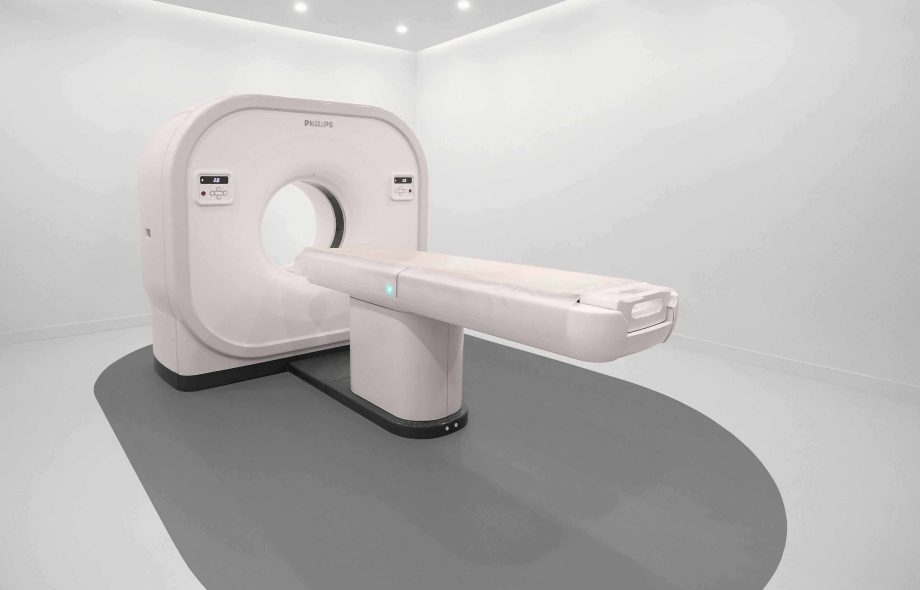In Connecticut, health equity is not just a policy goal—it’s a moral imperative. Access Health Madison, ct, the state’s official health insurance marketplace, has been at the forefront of efforts to reduce health disparities and expand coverage to underserved communities.
Madison, a town known for its affluence, is increasingly recognizing the importance of addressing health inequities within its borders. Together, AHCT and Madison exemplify how statewide initiatives and local actions can converge to promote health equity.
Access Health CT: A Statewide Commitment to Health Equity
Established to meet the requirements of the federal Affordable Care Act, Access Health Madison, CT serves as Connecticut’s official health insurance marketplace. Its mission is to decrease the number of uninsured residents, improve the quality of healthcare, and reduce health disparities through an innovative, competitive marketplace that empowers consumers to choose the health coverage that gives them the best value.
Addressing Health Disparities
Despite Connecticut’s overall affluence, significant health disparities persist, particularly among communities of color. For instance, life expectancy in a predominantly White neighborhood of Westport is 89.1 years, while in a predominantly Black and Hispanic neighborhood of northeast Hartford, it is just 68.9 years. Such disparities underscore the need for targeted interventions.
Access Health Madison, CT has been proactive in addressing these inequities. Through partnerships with over 1,600 community organizations, AHCT has facilitated enrollment and education efforts in underserved areas. Initiatives like the Broker Academy Program aim to train individuals from these communities to become certified health insurance brokers, thereby creating a network of trusted advisors who can assist their neighbors.
Financial Assistance and Coverage Options
Access Health CT offers a range of coverage options, including Medicaid and the Children’s Health Insurance Program (CHIP), to ensure that low-income residents have access to necessary healthcare services. The Covered CT Program, for example, provides health insurance, dental coverage, and Non-Emergency Medical Transportation (NEMT) benefits at no cost to eligible residents.
Additionally, federal initiatives like the Inflation Reduction Act have extended enhanced subsidies to Connecticut residents, making health insurance more affordable for many. However, these subsidies are set to expire at the end of 2025, potentially leading to increased premiums and a rise in the number of uninsured individuals.
Madison’s Local Efforts Toward Health Equity
While Madison is often perceived as a community with fewer health disparities, local leaders are acknowledging that inequities exist and are taking steps to address them. The town’s efforts align with broader state initiatives, demonstrating that health equity is a concern for all communities, regardless of their socioeconomic status.
Community Engagement and Education
Madison has initiated programs aimed at educating residents about the importance of health insurance and the resources available through Access Health Madison, CT. These programs focus on raising awareness about preventive care and the benefits of having health coverage. By engaging local organizations and leaders, Madison is fostering a community-wide dialogue about health equity.
Collaborations with Statewide Initiatives
Madison’s efforts complement statewide initiatives led by Access Health CT. By participating in health fairs, community resource events, and enrollment drives, Madison is contributing to the state’s goal of reducing health disparities. These collaborations ensure that residents have access to the information and resources they need to make informed decisions about their health coverage.
The Path Forward: Strengthening Partnerships for Health Equity
The collaboration between Access Health CT and Madison highlights the importance of both statewide leadership and local action in achieving health equity. To build on this momentum, several strategies can be considered:
Expanding Outreach Efforts: Increasing the number of community-based events and information sessions can help reach more residents, particularly those who may be unaware of available resources.
Training Local Leaders: Programs like the Broker Academy can be expanded to train more individuals within Madison, creating a network of local health insurance brokers who understand the unique needs of their community.
Advocating for Policy Changes: Local leaders can work with state officials to advocate for policies that extend financial assistance programs and address the root causes of health disparities.
Monitoring Progress: Regular assessments of health equity initiatives can help identify areas of improvement and ensure that efforts are effectively meeting the needs of all residents.
Conclusion
The partnership between Access Health Madison, CT, serves as a model for how statewide initiatives and local actions can converge to promote health equity. By continuing to collaborate and innovate, Connecticut can move closer to a future where all residents have access to the healthcare they need to lead healthy lives.

Service/Product Details:
https://shorelineinsurancect.com/medicare-specialist/

 :
: